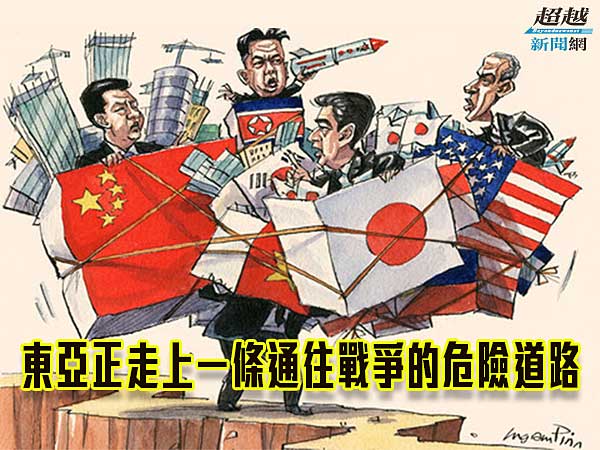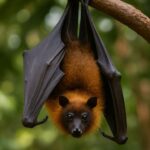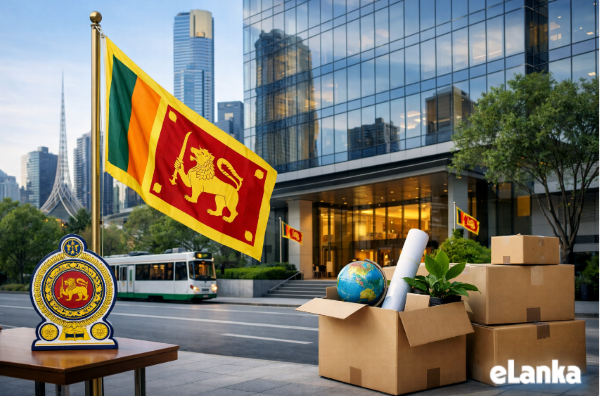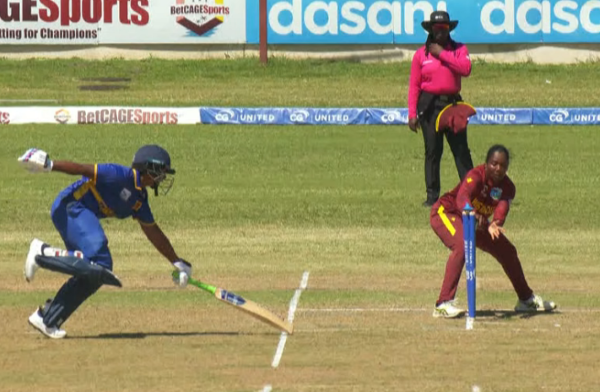Balance of power System-international power structure part 3 – By Kithsiri Senadeera
Preamble
The first article provided an overview of the concept of balance of power theory and emphasised its importance of understanding of the complexities of global politics. In the second article (part 2), definitions of balance of power given by leading scholars in International Relations (IR) and an overview of the major features were elucidated. This article attempts to give an overview of the international system’s power structure by first analysing some key concepts in power analysis and the role of various Actors of International Power System. This subject is very complex with different interpretations by various IR scholars. I have made an attempt to explicate as much possible.
The birth of the modern international system
The birth of the modern international system can be traced back to the peace of Westphalia of 1648. The period ushered in a new phase in the international system which saw the demise of the feudal agricultural and religious-political world order – end of the Holy Roman Empire – that had long dominated the political landscape of Europe. This treaty was the first to use international law to influence relations between independent states and for the creation of the concept of reign, non-intervention in interior affairs of another nation, territorial unity, and legal equality between the independent nations. This treaty established the state as the main actor in global politics. From that point forward, the international system has consisted primarily of relations among nation-states. Westphalia treaty of 1648 heralded a foundation for the modern state system known as the balance of power system. The new system was based on its fundamental principle of states sovereignty.
Actors of International Power System
Although state actors are the primary determinant of international affairs represented by governments and have recognized sovereignty, the emergence and evolving role of non-state actors during the in the post-war era of the twentieth century became a distinct entity in modern international affairs. Therefore the international political system is surrounded with State actors and Non-state actors, two distinct entities that play significant roles in shaping global politics and international relations.
State actors refer to sovereign states which possess recognized political authority and have the ability to make decisions and take actions on behalf of their citizens. They have the power to enter into treaties, engage in diplomacy, and use military force. On the other hand non- state actors (NSAs) are entities that operate outside the control of any government and include organizations such as social groups, movements, multinational corporations, non-governmental organizations (NGOs), terrorist groups and also individuals such as Elon Reeve Musk (Tesla, Inc. Twitter), Bill Gates (Microsoft).
Both state and non-state actors have the potential to impact international relations, but they differ in terms of their structure, authority, and methods of influence. However non-state actors often have significant influence and can shape global politics through their economic power, advocacy work, or even acts of violence.
Non-state actors (NSAs) are influential organizations that are not controlled by or affiliated with a recognized government and is typically operated by individuals, groups or institutions to address various social, political, environmental, and humanitarian issues e.g. Well-known examples of non-state actors include; Human Rights Watch (HRW), the International Committee of the Red Cross, Doctors Without Borders, Environmental Defence Fund, Amnesty International, Oxfam international, World Vision, multinational corporations, terrorist groups, criminal organizations(drug cartels), religious organizations, and grassroots movements. Today, non-governmental Organizations (NGOs) possess the role to intervene in the humanitarian field anywhere in the world; even they have the ability to influence the country. NGO movement as a direct response to globalization: NGOs have effectively come to function as replacements for state-level administrative authority, especially with regard to humanitarian services. These actors often operate across borders and challenge the traditional state-centric framework of international relations.
International Governmental Organizations (IGOs) refers to an international organization composed of member states or governments that work together to address various global issues, promote cooperation, and achieve common goals. IGOs can have diverse purposes and areas of focus, such as peacekeeping, economic development, environmental protection, health, human rights, and more. Prominent examples of IGOs include the United Nations The United Nations (UN) World Trade Organization (WTO) World Health Organization (WHO) International Monetary Fund (IMF) World Bank (WB), the North Atlantic Treaty Organization (NATO), European Union (EU) and the International Criminal Police Organization (INTERPOL).
In this current era of increasing globalization and interdependence of International Governmental Organizations (IGOs) and Non-Governmental Organizations (NGOs) stand as pivotal actors, each wielding unique influence and impact on the global stage.
Armed militant groups that function as non-state actors are usually analysed as a separate class known as violent non-state actors or armed non-state actors. Violent non-state actors display a wide range of variations; such as drug cartels, while others, such as terrorist organizations, militias, and paramilitary groups, who have specific political goals. In other cases, they represent populist or extremist dissatisfaction with government policy and authority. E.g. JVP movement in 1971 and 1989 in Sri Lanka- in my opinion
Some observers also describe large-scale social movements as another type of non-state actor. A social movement is loosely organized, but sustained campaign in support of a social goal, typically either the implementation or the prevention of a change in society’s structure or values. Certain international media agencies display the defining characteristics of non-state actors, as they operate independently of state governments and have a profound ability to impact public opinion. On an international scale, examples include Reuters, Al-Jazeera, and the Associated Press, among others.
According to some commentators, the increased prevalence and influence of non-state actors reflects growing dissatisfaction among the global public with traditional methods of power distribution. Some people view non-state actors as legitimate and preferable alternatives to state-based governance, believing them to more effectively provide for the security and basic needs of underprivileged population groups.
The Shifting Global Stage
The rise and diversification of non-state actors represents one of the most defining trends of the 21st century. This shift isn’t merely about more players on the field—it’s about fundamental changes in how power is exercised, how global problems are addressed, and how international order is maintained. The rise of NSAs is fundamentally reshaping global governance. Power is becoming more diffused, moving away from an exclusively state-centric model towards a more networked structure where states share the stage with IGOs, NGOs, MNCs, social movements, and other influential entities.
Experts expect the trend to continue whereby non-state actors increasingly influence the position and policies of national states to continue in different areas and in different ways, to influence the international power system and security.
The International Power System
The various ways in which power is distributed within the international system is known as Polarity in international relations. It describes the nature of the international system at any given period of time. In the light of power distribution among states, the discipline of International Relations introduces three international power systems on the basis of the number of participants in the balance of power system.
The presence of a single superpower demonstrates a unipolar system whereas the rivalry between two superpowers indicates a bipolar system. Finally, a system in which more than two nations hold power over the world or regions represents a multipolar system. – unipolarity, bipolarity, and multipolarity.
To be continued
Kithsiri Senadeera
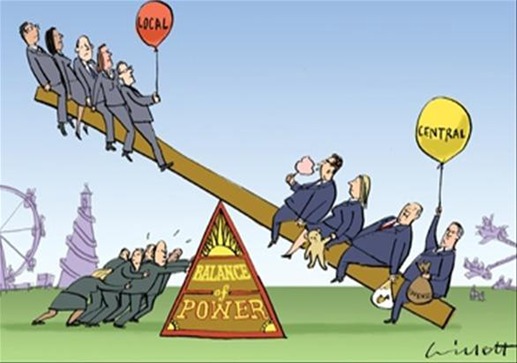
Image Source : pwonlyias.com
P.S. Use one of the cartoons or both if the is space.



